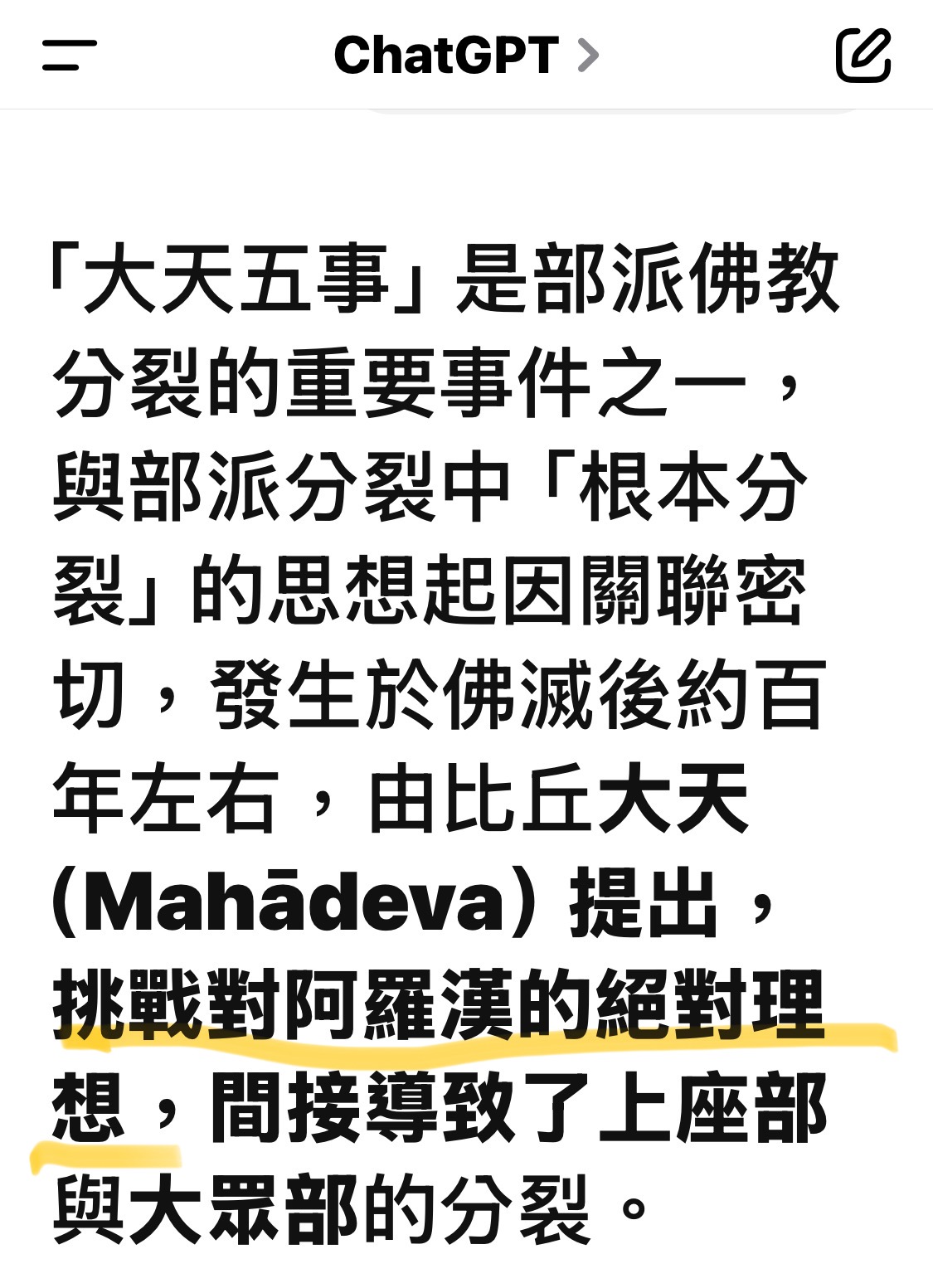七處徵心3
華人讀者都說:
華人大修行者也很多大德有入定的修持,
我當然知道,
但是我想在其他的地方看看其他的修行者怎麼說,
至少日本學者站在人性的角度出發,
我在看「出定後」語後,
就安定下來埋頭苦幹,
而部派佛教的修行者寫到無欲、無貪,這到底是一個故意設的文字障,
(因為整個感官知覺沒有的時候,是要涅槃的)
還是因為其他什麼原因,時代相隔久遠不得而知?
縱使是佛陀入過大定出來教授與說法,
都不可能教出這樣的修法,
陳義太高的結果到「千山鳥飛絕,」
然後,就一點小事就在那裡吵到不可開交,
這也是佛教後來分裂的主因,
參考大天五事。
半寄
Seven Places the Mind is Sought 3
Chinese readers often say:
There are many great Chinese practitioners who have reached deep meditation.
Yes, I know that.
But I also want to see what practitioners in other cultures say.
At least, Japanese scholars look at things from a human perspective.
When I read the phrase "after emerging from deep meditation,"I felt calm and ready to work hard on my practice.
Some early Buddhist monks wrote about having no desire or craving.
But was that just a confusing way of writing on purpose?
(Because when all sensory perception ceases, it implies nirvana.)
Or is it due to other reasons, lost to time and history?
Even if the Buddha came out of deep meditation to teach,
he probably would not have taught a method like that.
When philosophical ideas are set too high or abstract, it leads to situations like:“Not a single bird flies across the thousands of mountains.”
Then trivial matters become grounds for endless dispute—
which, ultimately, was a key reason behind the schisms in Buddhism.
For further reference, consider the “five theses” of Mahādeva.
Master Banji
七處徵心4
華人讀者很難體會,
我想在修行的線索找一個確實切入點的急迫性。
台灣的印順長老對「大天五事」也多所著墨,但是沒下什麼定論。
那時的我也無法分出凡夫跟聖體之間的感官差別,
但我們學佛法不一直都是在感官差別性,這裡搞不懂嗎?
坦白說;這個感官差別點,如果沒有辦法搞清楚我是不甘心的!
從人性下手,華人一直不願意面對人性,
反而所有的文字都在遮蓋人性,
從人性下手什麼歷史題目通通清楚了。
半寄
Seven Places the Mind is Sought 4
Chinese readers often don’t understand why I feel it’s so urgent to find a real and solid starting point for spiritual practice.
Venerable Yinshun in Taiwan also wrote a lot about the “five theses” of Mahādeva, but he didn’t really come to a clear conclusion.
Back then, I couldn’t tell the difference in how ordinary people and enlightened beings experience their senses.
But isn’t learning Buddhism all about understanding the differences in perception?
Why is that still confusing?
Honestly, I can’t feel at peace until I figure out this key difference in sensory experience.
If we start by looking at human nature—
Chinese culture often avoids facing human nature directly.
In fact, most writing tries to hide it.
But if we face it honestly, then many historical questions suddenly become clear.
Master Banji

沒有留言:
張貼留言